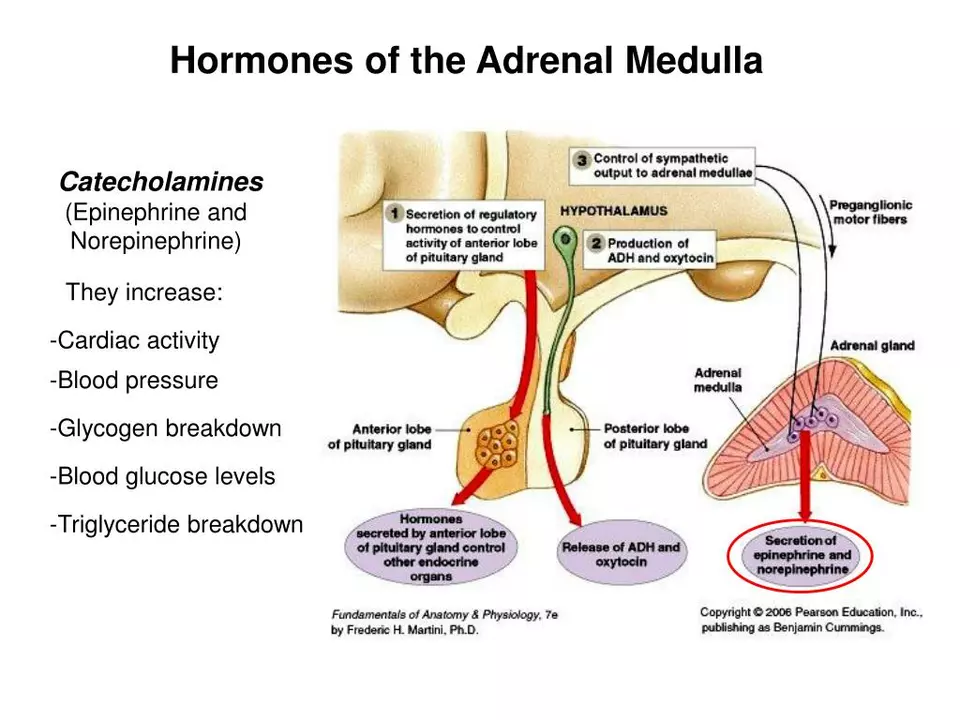Betamethasone is a powerful corticosteroid used to reduce inflammation. You’ll find it as creams, ointments, injections, and tablets. Doctors prescribe it for skin conditions (eczema, psoriasis), allergic reactions, some autoimmune problems, and severe asthma or arthritis when a stronger anti-inflammatory is needed.
Which form matters. Topical betamethasone treats skin inflammation with lower systemic risk. Oral or injected forms work for widespread or serious inflammation but need closer monitoring because they affect the whole body.
Follow your prescriber’s directions exactly. For creams and ointments: wash and dry the area, apply a thin layer, and don’t bandage unless told to. Use only the amount and duration recommended — longer use raises the chance of side effects. For tablets or injections, stick to the prescribed dose and schedule; tapering may be required to stop safely.
Never use a steroid cream on broken skin or many large areas without checking with your clinician. For children and elderly people, doctors usually pick lower strengths and shorter courses because skin and bodies handle steroids differently.
Ask about interactions. Betamethasone can interact with certain vaccines, blood thinners, diabetes medicines, and drugs that suppress the immune system. If you take other meds, tell your prescriber and pharmacist.
Topical side effects are usually local: thinning skin, stretch marks, or easy bruising in the treated area. Oral or injected steroids can cause weight gain, mood changes, high blood sugar, higher blood pressure, and increased infection risk. Long-term use can suppress natural cortisol production, so stopping suddenly can be dangerous.
Pregnancy and breastfeeding: some forms may be used but only under medical advice. Ask your doctor; they’ll weigh the benefits and risks for your situation.
Watch for warning signs: severe belly pain, new infections, unusual tiredness, vision changes, or sudden swelling. If any of these happen, seek medical advice quickly.
Storage and disposal are simple: keep creams at room temperature away from heat, and store tablets as labeled. Dispose of unused medicines through a pharmacy take-back program when possible.
Shopping tip: buy from licensed pharmacies and avoid sites that sell prescription drugs without asking for a prescription. If a price looks too good to be true, check reviews and credentials first.
Want more practical drug guides? On StrutYourSupplements.su you'll find clear articles, safety tips, and buying guidance for many medications. If you have a specific question about betamethasone and your health, bring it up with your clinician — they know your full picture and can give the safest advice.

As a blogger, I recently came across some interesting information on Betamethasone and its potential impact on blood sugar levels. Betamethasone is a corticosteroid medication that is used to treat various inflammatory conditions. However, it has been found that this medication can cause an increase in blood sugar levels, especially in individuals with diabetes. If you're using Betamethasone, it's essential to keep a close eye on your blood sugar levels and consult with your doctor about potential adjustments in your diabetes management plan. It's always important to stay informed about the potential side effects of any medication we take to maintain our health and well-being.
